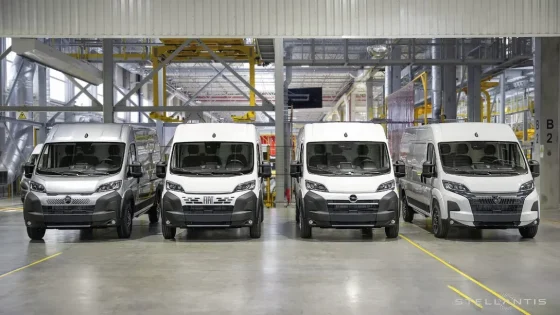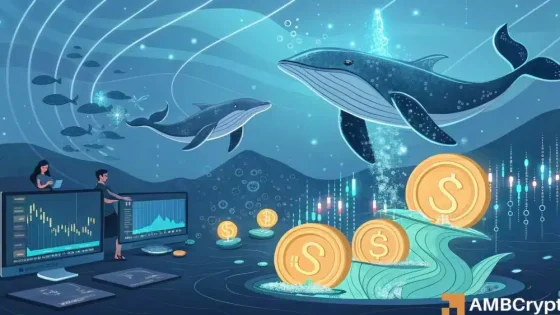Hydrogen fuel cell technology has faced significant challenges globally, prompting major automotive companies to reevaluate their strategies. On July 16, 2025, Stellantis announced the cancellation of hydrogen van production in France and Poland, citing inefficiencies and high costs associated with hydrogen vehicles.
- Hydrogen is energy-dense by volume.
- Most hydrogen is produced via hydrocarbons.
- Hydrogen infrastructure for vehicles is lacking.
- Stellantis cancels hydrogen van production.
- No job losses at Stellantis factories.
- Hydrogen market lacks economic sustainability.
The decision reflects a broader trend in the automotive industry, where the push for sustainable alternatives is often met with practical limitations. The majority of hydrogen produced today is not derived from renewable sources, making it an energy-intensive and carbon-heavy process. As a result, the market for hydrogen vehicles remains a niche segment with little promise for economic sustainability.
This move raises important questions about the future of alternative fuel sources. Can hydrogen ever compete with electric vehicles in terms of efficiency and infrastructure? As automakers pivot towards electric and hybrid models, the implications for the hydrogen market are profound.
- Hydrogen vehicles face high production costs and limited refueling infrastructure.
- Electric vehicles are increasingly favored due to their efficiency and lower environmental impact.
- Regulatory pressures in Europe are reshaping automotive strategies globally.
- Stellantis plans to redirect R&D resources towards more viable technologies.
As the industry evolves, stakeholders must consider the long-term viability of hydrogen as a fuel source. Will it find a place alongside electric vehicles, or will it fade into obscurity? The future of sustainable transportation hangs in the balance.
































